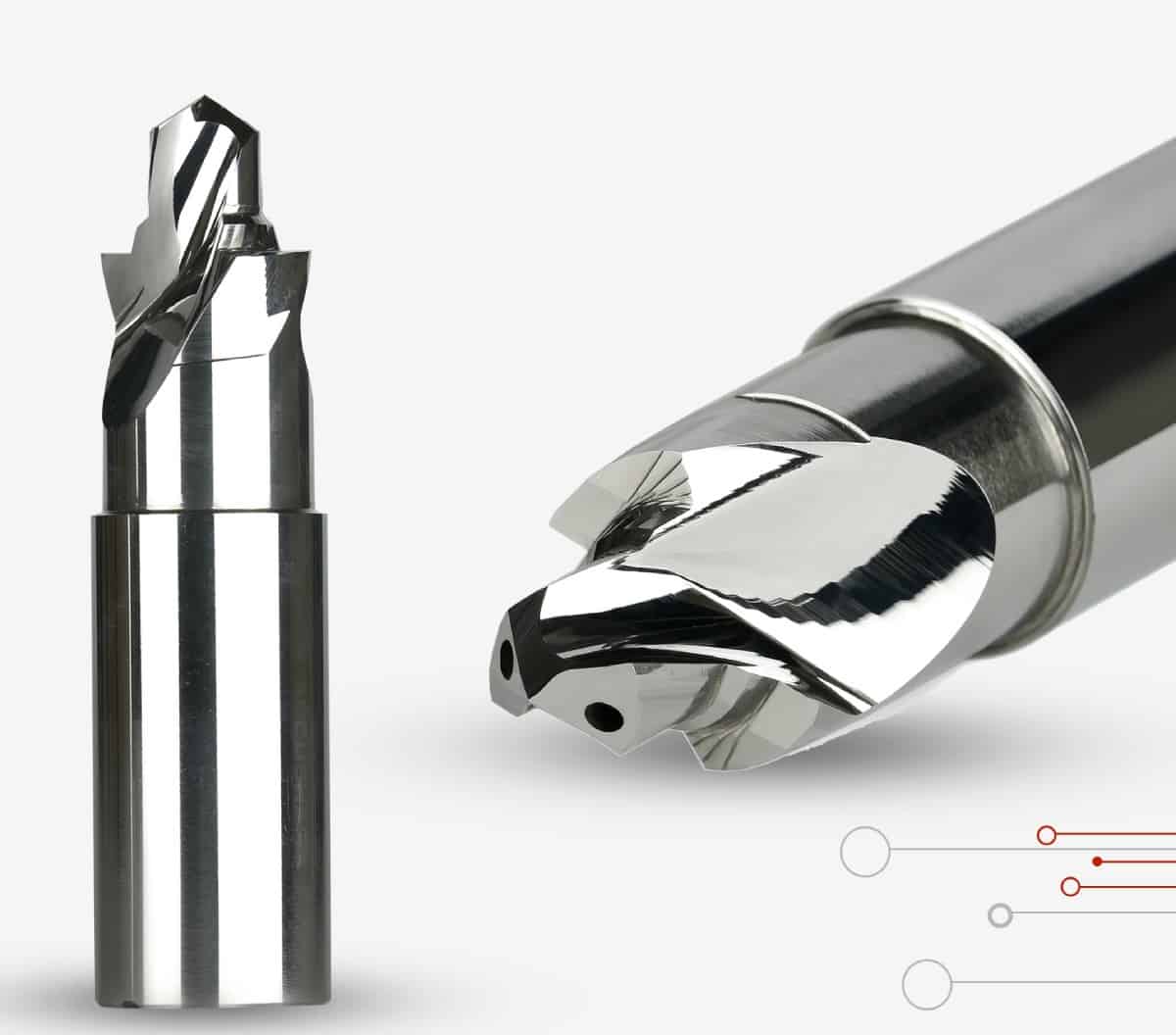In the world of CNC machining, cutting tools play a pivotal role in shaping materials with precision and efficiency. One critical aspect that significantly enhances the performance and longevity of these cutting tools is the application of coatings. Coatings offer a protective layer that can transform standard cutting tools into high-performance tools. In this blog, we will delve into the importance of coating CNC machine cutting tools and the numerous benefits they provide, making them indispensable in modern machining processes.
Enhancing Tool Life and Durability
The primary reason for applying coatings to CNC machine cutting tools is to enhance their life and durability. The protective layer acts as a shield, reducing wear and tear during machining operations. Coatings help minimize friction and heat buildup, preventing premature tool wear and extending the tool’s lifespan.
Reducing Friction and Heat Generation
Coatings effectively reduce friction between the cutting tool and the workpiece. By reducing friction, the cutting tool can operate more smoothly, resulting in improved surface finishes and dimensional accuracy. Additionally, lower friction leads to less heat generation during machining, preventing tool overheating and potential workpiece damage.
Improved Cutting Speeds and Feed Rates
Coated CNC machine cutting tools can handle higher cutting speeds and feed rates. The reduction in heat and friction allows for increased cutting parameters without compromising on the tool’s performance. This, in turn, boosts productivity and reduces machining cycle times, ultimately leading to higher output.
Resistance to Wear and Adhesion
Coatings add a wear-resistant layer to the cutting tool’s surface, making them less prone to abrasion and wear. Furthermore, the coating’s low coefficient of friction reduces the tendency of materials to stick to the cutting edge, preventing build-up and improving chip evacuation during cutting.
Versatility and Application-Specific Coatings
Coatings can be tailored to suit specific machining applications and materials. For example, titanium nitride (TiN) coatings are suitable for general-purpose machining on a wide range of materials, while titanium carbonitride (TiCN) or aluminum titanium nitride (AlTiN) coatings are more suitable for high-speed machining of hardened materials.
Reducing Tool Chipping and Breakage
Coatings contribute to improved tool stability and reduced tool chipping and breakage. The enhanced wear resistance and toughness offered by the coating ensure that the cutting edge can withstand higher cutting forces and impacts, minimizing the risk of tool failure.
Cost Savings and Increased Productivity
Investing in coated CNC machine cutting tools may seem like an additional expense at first, but the long-term benefits significantly outweigh the initial costs. The extended tool life, reduced tool changes, increased cutting parameters, and minimized downtime translate to cost savings and increased productivity in the long run.
Sustainability and Environmental Impact
Coated cutting tools result in reduced material waste and energy consumption due to higher machining efficiency and fewer tool replacements. This makes them a more sustainable choice, contributing to a greener manufacturing environment.
Concluding Note
Coating CNC machine cutting tools is a game-changer in the world of modern machining. The protective layers offered by coatings significantly improve tool life, durability, and performance, while reducing friction, heat generation, and wear. By investing in coated cutting tools, manufacturers can enjoy increased productivity, improved surface finishes, and cost savings, making them an essential aspect of today’s CNC machining processes. Embracing this technology not only elevates the quality and efficiency of machining operations but also supports sustainable practices, making it a win-win for both manufacturers and the environment.


